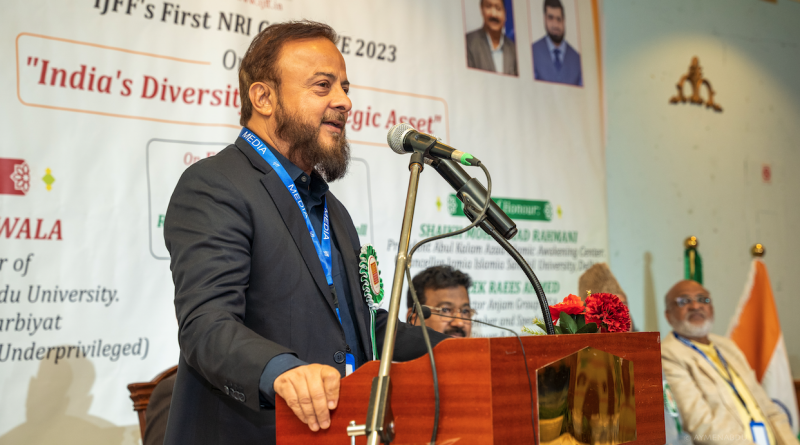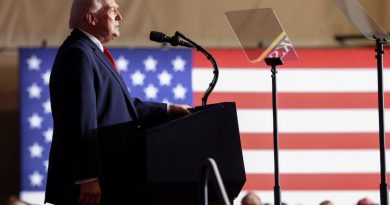Top RSS and Hindu leadership wants to include Muslims in India’s pursuit of economic superpower status, says Zafar Sareshwala
Riyadh — In a surprising statement, Zafar Sareshwala, the prominent Indian businessman and philanthropist, claimed that the top leadership of Rashtriya Swayamsevak Sangh (RSS) and the Hindu community is keen to include Muslims in its efforts to make India an economic superpower.
Speaking at a conclave hosted by International Journalists Fraternity Forum in Saudi Arabia on Friday, Sareshwala said that the RSS and Hindu leaders recognize the potential of the Muslim community, which constitutes a significant portion of India’s population, and want to harness their talents and skills to achieve the country’s economic goals.
“I am talking about the Hindus, and the top leaders of RSS, who acknowledge the fact that the 15% or 20% Muslims will have to be included in the mainstream to make India an economical superpower”, Sareshwala said during his speech.
Sareshwala’s statement has generated a lot of interest and debate, given the fact that RSS has always been portrayed as the enemy of Muslims.
However, Sareshwala argued that the RSS and Hindu leadership are aware that India’s economic growth and development require the participation of all sections of society, including Muslims. He cited several recent government initiatives, that are aimed at promoting entrepreneurship and skill development among the youth, including Muslims.
He cited the example of his own educational institutions in Gujarat where Muslims teachers were trained by Hindu mentors.
Sareshwala’s statement comes at a time when India is implementing a range of economic policies, including the Make in India initiative, aimed at boosting domestic manufacturing and promoting foreign investment. The government has also launched several programs and schemes to promote entrepreneurship and skill development, particularly among the youth.
Critics argue that the government’s policies and initiatives have not adequately addressed these issues and that more needs to be done to promote the inclusion and empowerment of the Muslim community.
However, Sareshwala argues that nobody has stopped Muslims from appearing in the UPSC exams, and they have the freedom to pursue their career aspirations.
Sareshwala’s statement is likely to spark an important debate about the role of the Muslim community in India’s economic development. It highlights the need for greater inclusion and participation of all sections of society in the country’s growth story, and the importance of addressing the socio-economic challenges faced by Muslims.
People have sees this as a positive step towards greater inclusion and participation of all sections of society in India’s growth story. It is now up to the government and society as a whole to work towards creating a more inclusive and equitable economy that benefits everyone.



